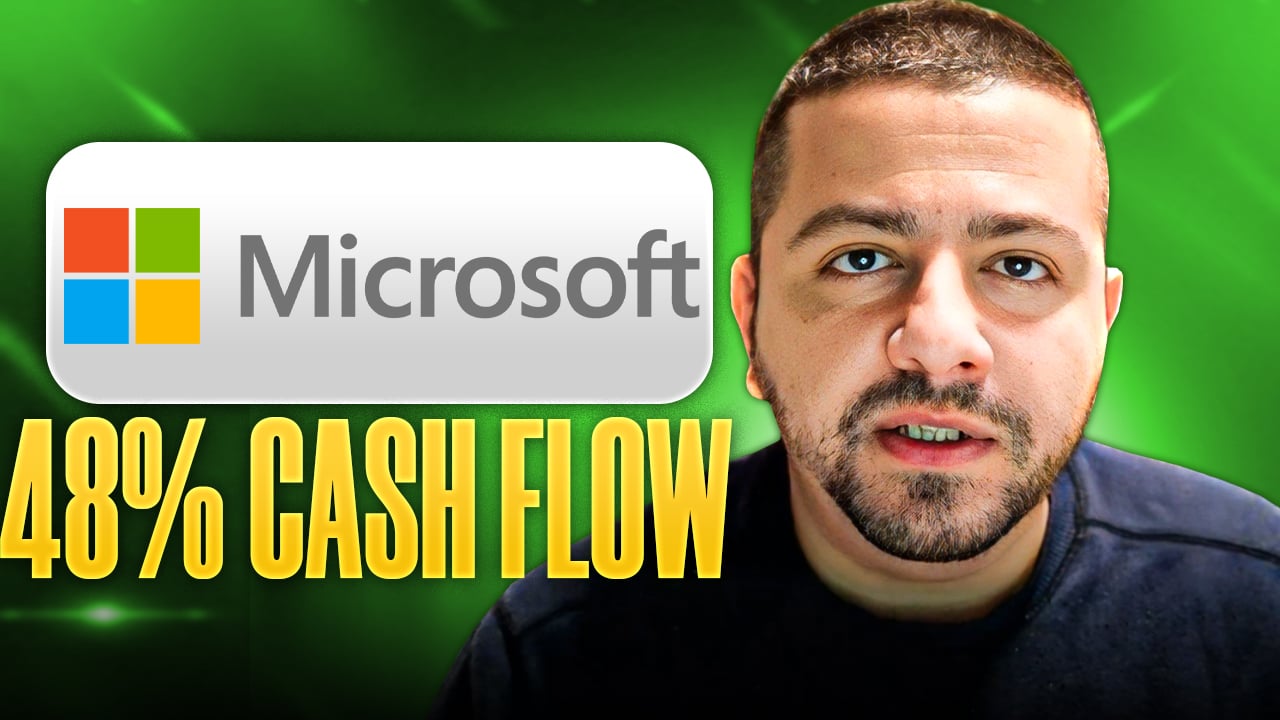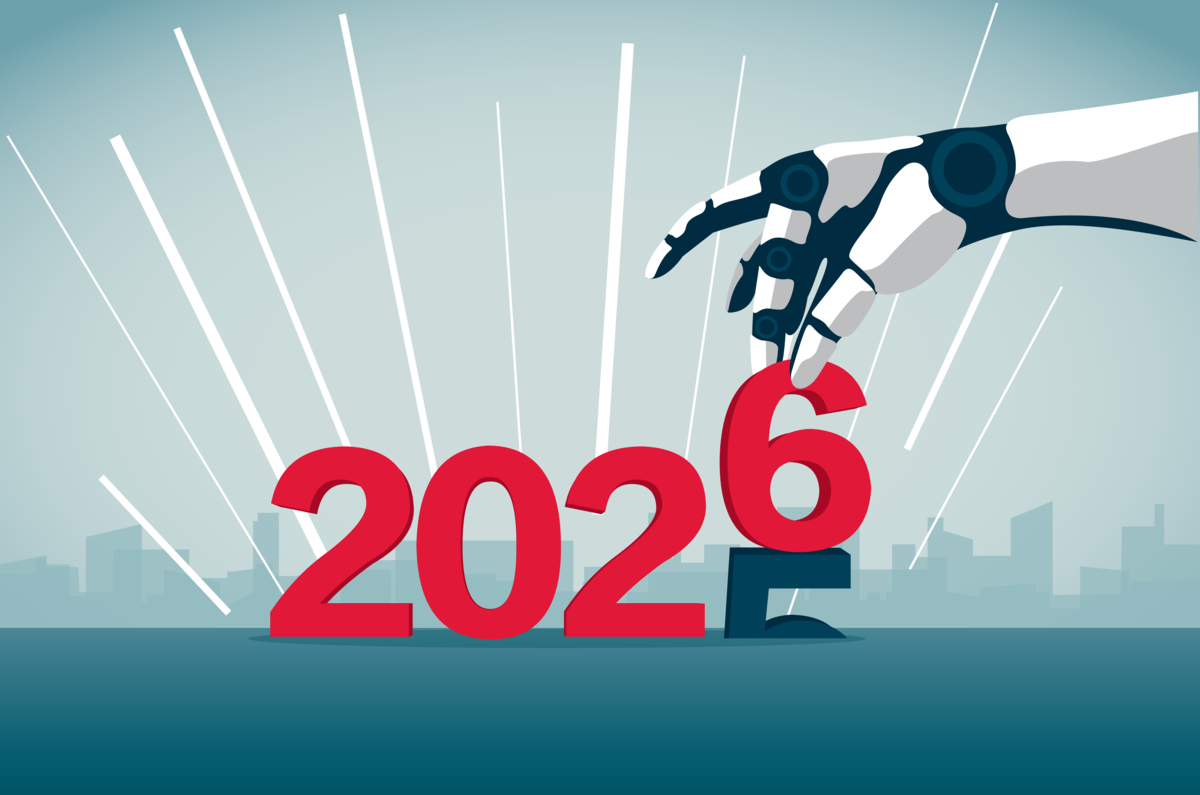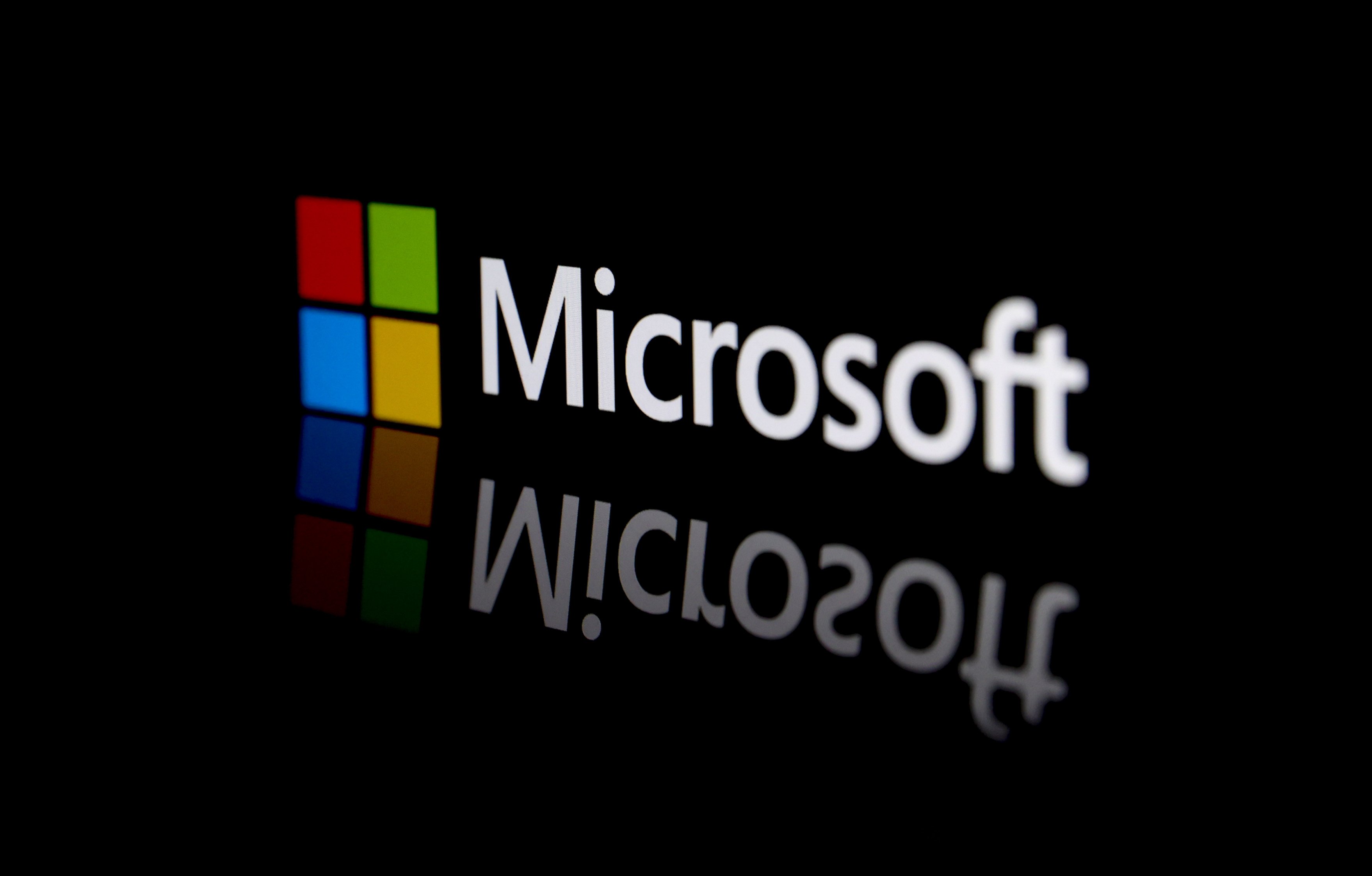Microsoft's (MSFT 0.06%) Windows 8 may be a better product than all of the other Windows offerings before it, but the company needs consumers to believe that -- and to buy it. As tablet sales climb and the number of mobile devices overtake PCs later this year, Microsoft is betting that consumers will use Windows 8 on PCs, tablets, and hybrids of the two.
Better, faster, cheaper
This week, The Wall Street Journal reported that Microsoft had cut the cost of its Windows 8 and Office 2013 bundle for original equipment manufacturers. Microsoft hasn't confirmed or denied the report, but if Microsoft is selling the bundle for $30, as opposed to the normal $120, it could be a great move by the Redmond company. Here's why.
Microsoft is more than a few steps behind in the mobile game. Surface tablet sales have been "modest" (according to Microsoft CEO Steve Ballmer) in a world dominated by Android and Apple's iPad. Microsoft took too long to adapt to mobile, and it's now playing a huge came of catch-up to stay relevant in this market. Windows 8 is a scalable OS that can be used on laptops and tablets and newer offerings like touchscreen laptops.
Microsoft dominates PC OS market share overall, but Windows 8 currently falls behind Apple's latest Mac OS X.

Source: Net Applications.
Windows 8 only had 1.72% market share back in December, so the OS is moving its way up the OS ladder, but it still falls far behind the growth rate of its predecessor.

Source: CNET.
If Microsoft has lowered the licensing fee for Windows 8 and Office 2013, the savings could be passed on to consumers. The discount is reportedly for small computers with a screen size of 10.8 inches or less, and with touchscreen capabilities. With OEMS paying a cheaper price for the software and OS, and the savings passed on to consumers, Microsoft would have a greater chance to get the new OS into more hands.
Microsoft's strategy of only offering the discounts to small touchscreen laptops also helps the company transition from falling PC sales to an in-between market of hybrid tablets and laptops. Google just released a new Chromebook laptop with touchscreen capability, but its starting price is $1,300 -- much higher than the laptops receiving Microsoft's discount.
A touchy subject
It's yet to be seen whether touchscreen laptops will take off. Touchscreen laptops are generally more expensive than non-touchscreens, and so far sales have been slow. Last month, Best Buy offered $100 discount for two weeks on touchscreen laptops, with Microsoft, Best Buy, PC makers, and Intel absorbing the cost of the discount.
With the future of tech devices so closely tied to mobile, Microsoft investors need consumers to start adopting the Windows 8 OS. The company is betting its future on it. If Microsoft can get users to jump on board with Windows 8, the company may be able to bring consumers into its growing ecosystem of devices like the Surface tablet, Windows Phone, and future mobile offerings.






